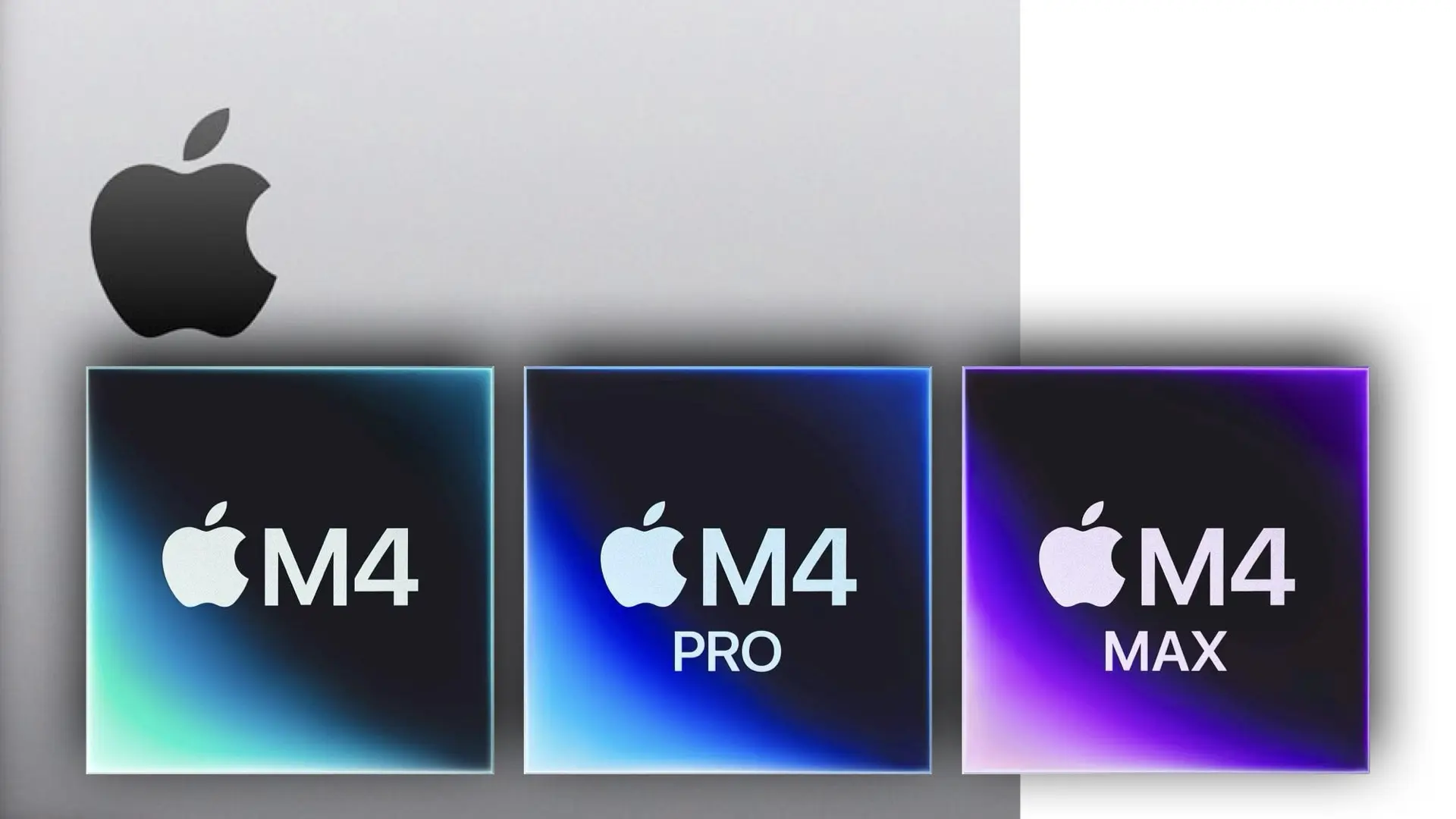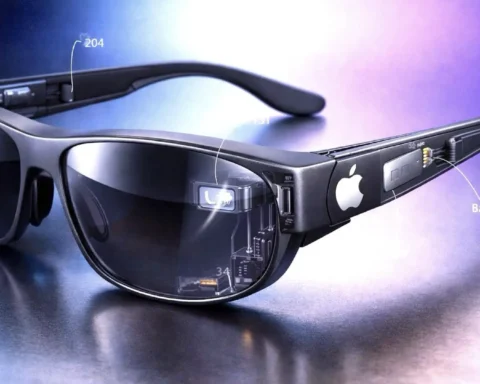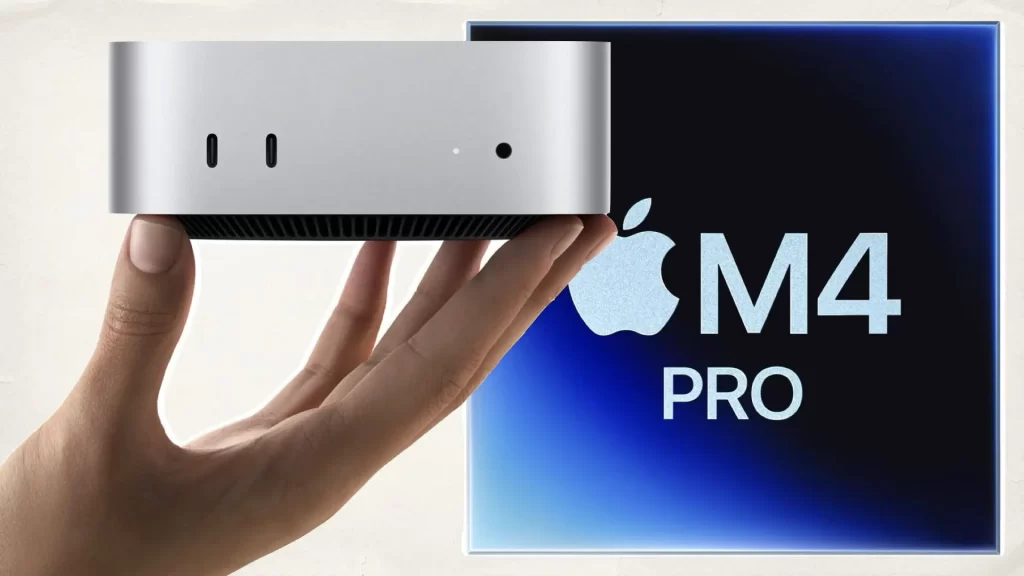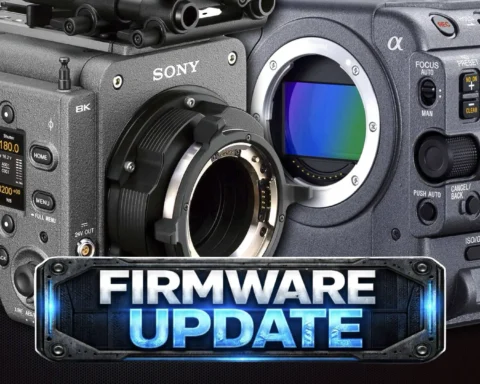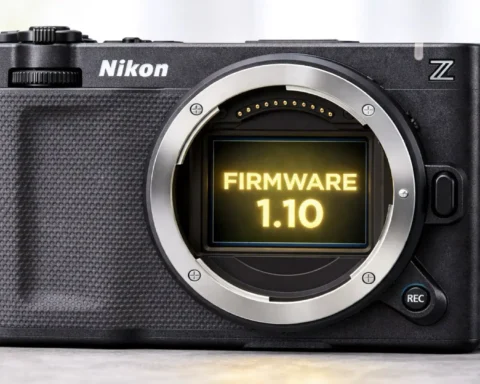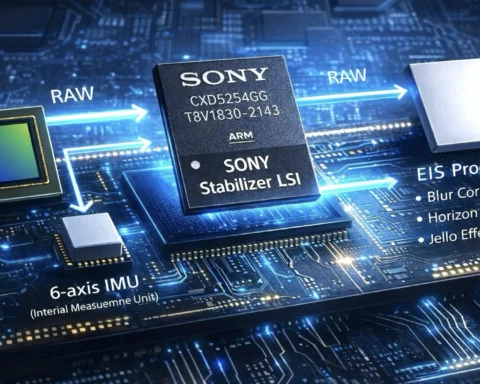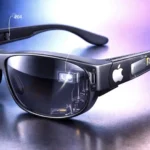A few hours after the introduction of the M4 Mac mini, Apple announced the new MacBook Pro armed with the powerful M4 chips. With an advanced 12MP Center Stage camera, Thunderbolt 5 on M4 Pro and M4 Max models, and an all-new nano-texture display option, the MacBook Pro becomes even more capable and even more pro. Furthermore, Apple promises that a 4K120 fps ProRes video captured with the new iPhone 16 Pro cuts like butter when editing it on Final Cut Pro on this new M4 MBP.
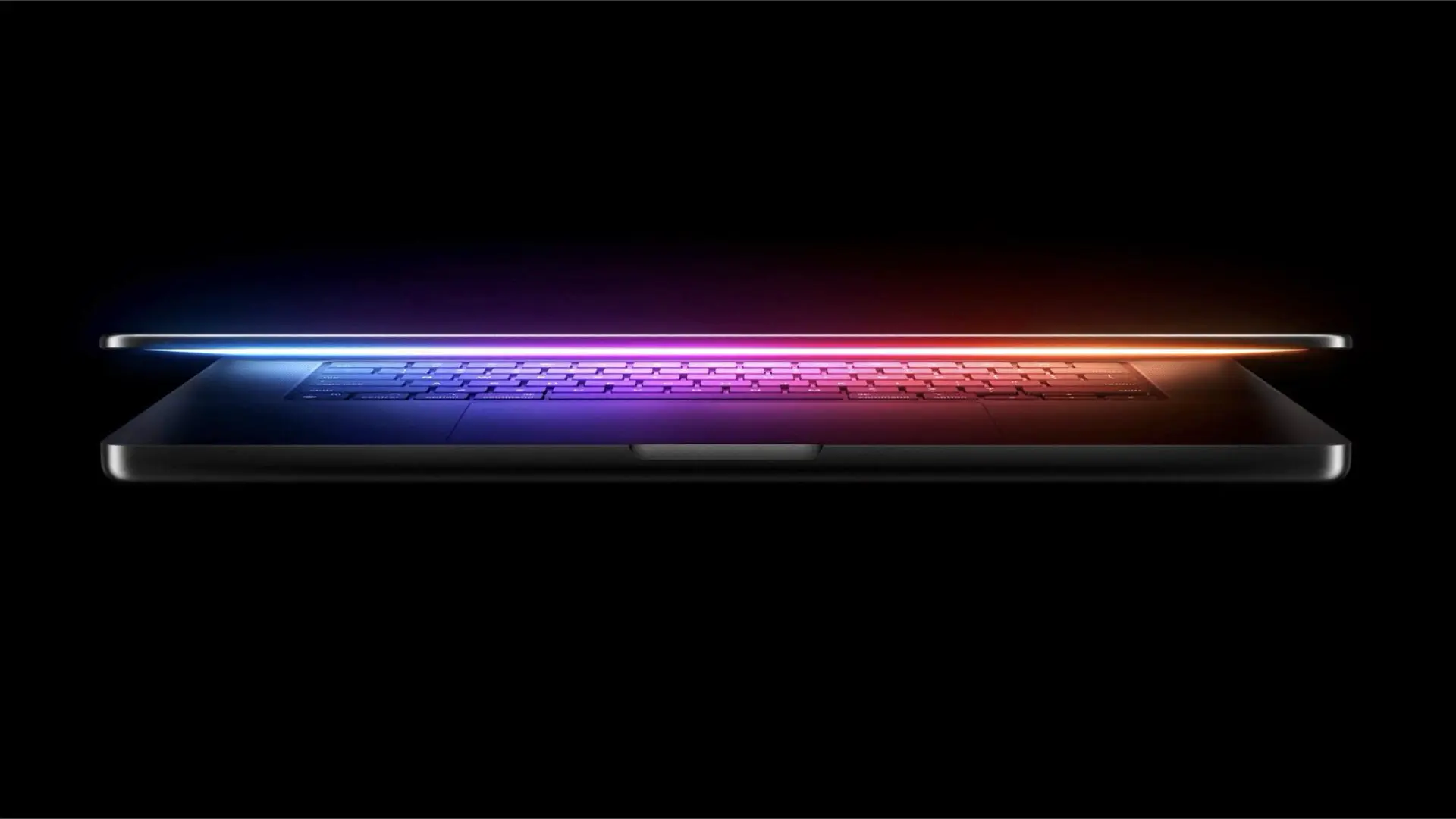
Apple wants to redefine its place in mobile professional video editing
Introduction
With the debut of Apple’s MacBook Pro M4, the iconic laptop has once again redefined its place in the video editing landscape, building upon a legacy that has set it apart as one of the most powerful editing tools available. Apple’s latest announcement highlights the M4 family of chips, positioning the new MacBook Pro as an even more sophisticated choice for video professionals and creatives. To truly appreciate the significance of the M4, it’s essential to understand the MacBook Pro’s recent history and its evolution in handling increasingly demanding editing tasks, a journey that Apple has continually steered toward high performance and efficiency.
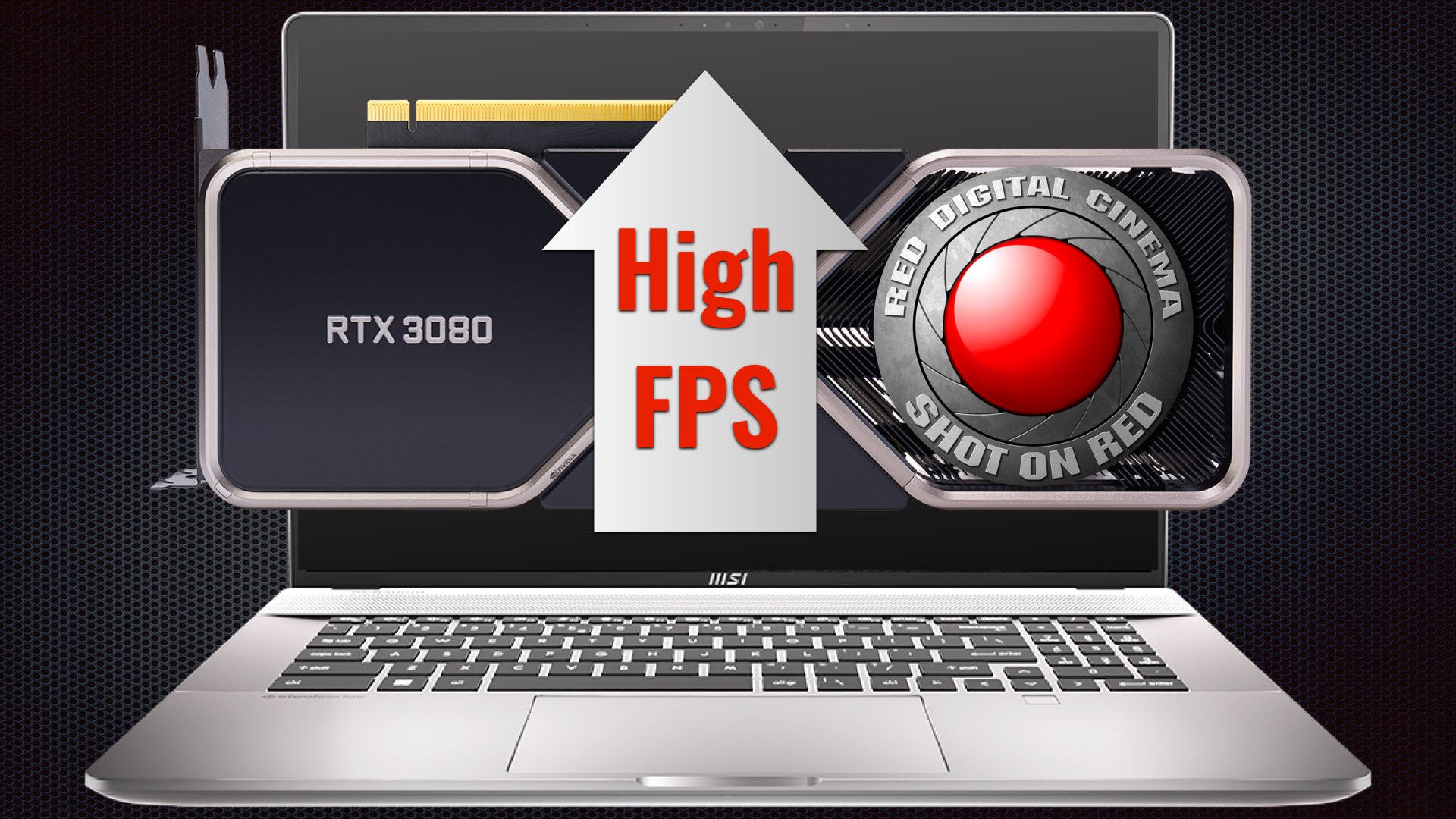
The iterations of the MBP
In the world of video editing, each iteration of the MacBook Pro has offered increasingly impressive benchmarks, with leaps that have consistently pushed the limits of what’s possible on a portable device. The introduction of Apple’s own silicon with the M1 chip marked a new era. When it launched in late 2020, the M1-powered MacBook Pro brought unparalleled efficiency, as seen in the comparison with Intel-powered machines: the M1 easily outpaced Intel Core i7 models, setting a new performance standard across the board. This pivotal shift meant users could harness more power while enjoying better battery life and significantly less heat generation than their Intel predecessors.
Then M1 Pro and M1 Max came
With the arrival of the M1 Pro and M1 Max chips, Apple solidified its commitment to performance by offering machines that could compete with, and in some cases outperform, dedicated desktop systems. This was demonstrated in rigorous testing against the Mac Pro, Apple’s powerhouse desktop solution. The M1 Max, in particular, outshone the Mac Pro in 8K RAW export tasks, a remarkable feat that had video editors and filmmakers taking notice. For the first time, professionals could carry a laptop that rivaled even high-end workstations, making it possible to edit multiple 8K streams or handle R3D footage from RED cameras with ease—all without sacrificing portability.
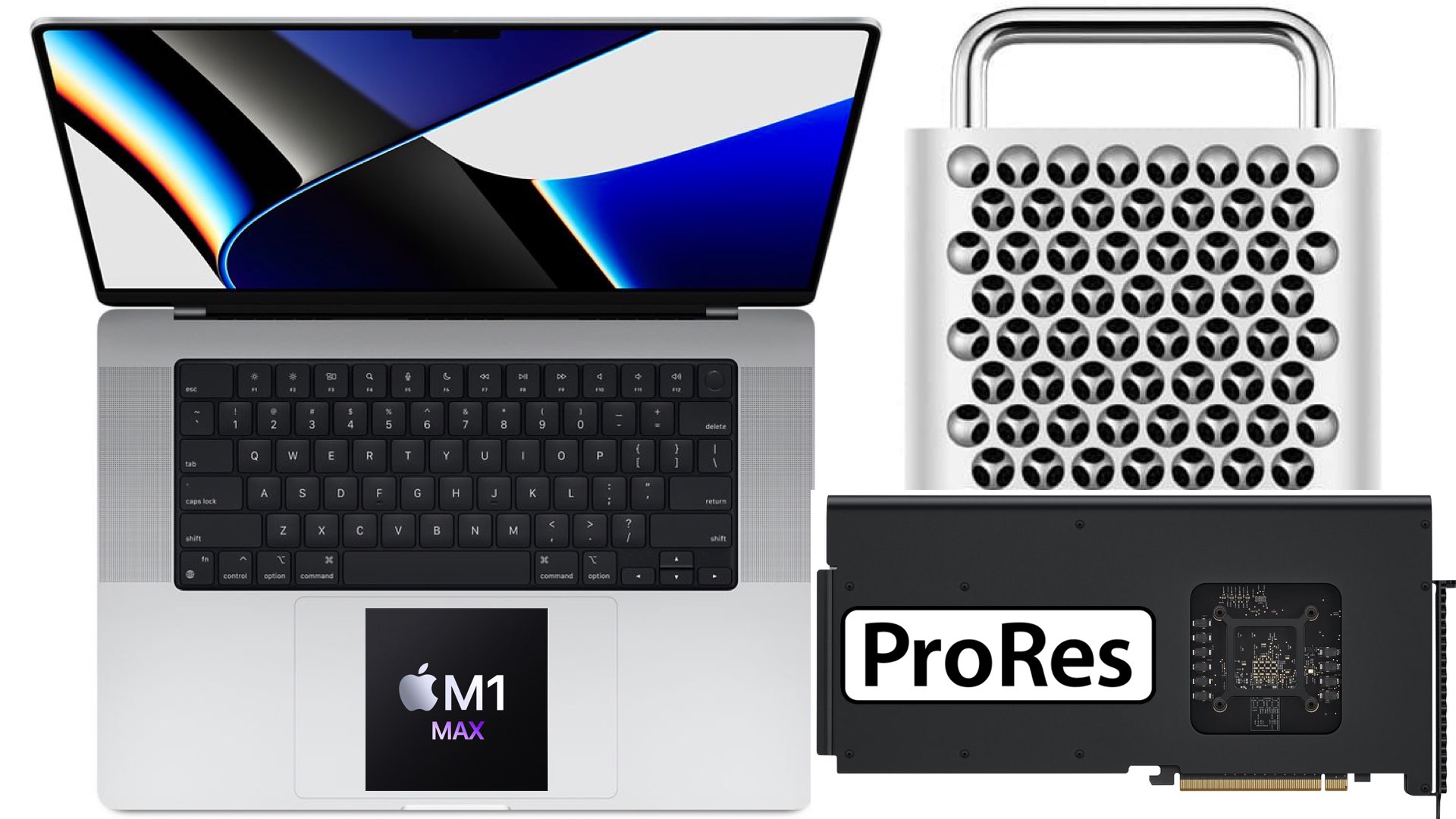
In the world of video editing, each iteration of the MacBook Pro has offered increasingly impressive benchmarks, with leaps that have consistently pushed the limits of what’s possible on a portable device.
Solid compatibility
The MacBook Pro’s compatibility with leading editing software has only further solidified its place in professional workflows. The integration with DaVinci Resolve 17.4 allowed users to edit and grade multiple 8K streams on the M1 Max, showcasing the raw power that Apple’s silicon brought to bear on one of the industry’s most demanding applications. This advance made high-level video editing accessible without requiring a desktop setup or an external GPU, a milestone that underscored Apple’s continued emphasis on performance, efficiency, and seamless integration with professional software.
Counterstrike to Nvidia RTX
Of course, Apple’s commitment to empowering video editors has also sparked competition. In early 2022, NVIDIA’s RTX Studio laptops—equipped with 3080 GPUs—entered the race, positioning themselves as direct rivals to Apple’s M1 Max MacBook Pro. These laptops performed impressively in high-FPS R3D editing, but Apple’s ecosystem, seamless software integration, and robust build quality kept the MacBook Pro as a top choice for video professionals looking for reliability and peak performance under real-world conditions.
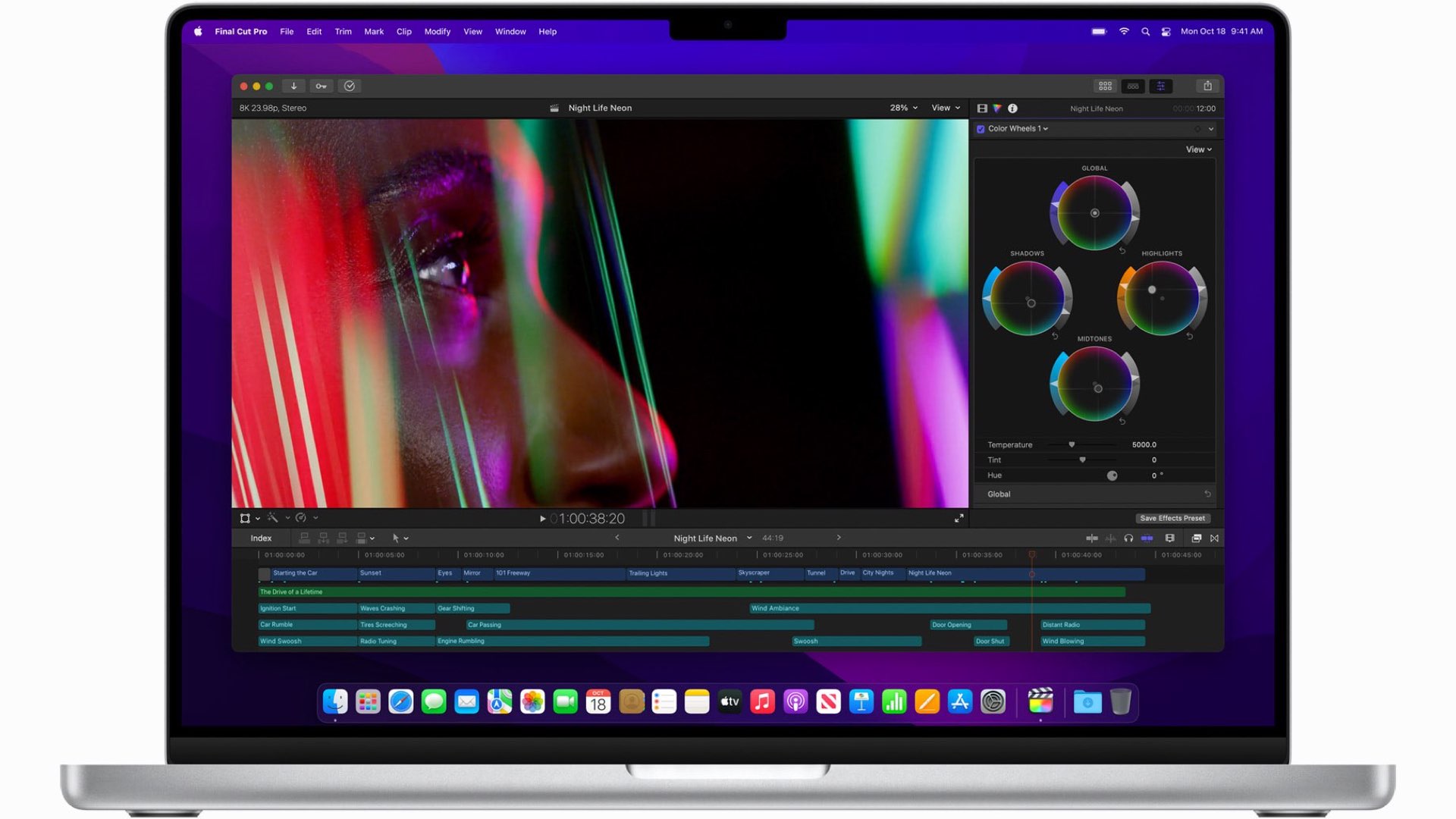
And now…
Now, with the release of the M4-powered MacBook Pro, Apple has raised the stakes again. The M4 line brings “Apple Intelligence” enhancements, promising to elevate everything from video editing workflows to machine learning and image processing. With this addition, Apple has taken the legacy of the MacBook Pro to the next level, creating a tool that not only keeps up with modern video demands but is tailored to excel in them. As the MacBook Pro has evolved, it has consistently offered creatives the freedom to do more, faster and with greater precision. Whether it’s 8K editing, color grading, or complex multi-stream processing, each iteration has brought unmatched performance to the professional space. Here are the details as described by Apple.
M4 MacBook Pro
Apple today unveiled the new MacBook Pro, powered by the M4 family of chips — M4, M4 Pro, and M4 Max — delivering much faster performance and enhanced capabilities. The new MacBook Pro is built for Apple Intelligence, the personal intelligence system that transforms how users work, communicate, and express themselves while protecting their privacy. Now available in space black and silver finishes, the 14-inch MacBook Pro includes the blazing-fast performance of M4 and three Thunderbolt 4 ports, starting with 16GB of memory, all at just $1,599. The 14- and 16-inch models with M4 Pro and M4 Max offer Thunderbolt 5 for faster transfer speeds and advanced connectivity. All models include a Liquid Retina XDR display that gets even better with an all-new nano-texture display option and up to 1000 nits of brightness for SDR content, an advanced 12MP Center Stage camera, along up to 24 hours of battery life, the longest ever in a Mac.1 The new MacBook Pro is available to pre-order today, with availability beginning November 8.
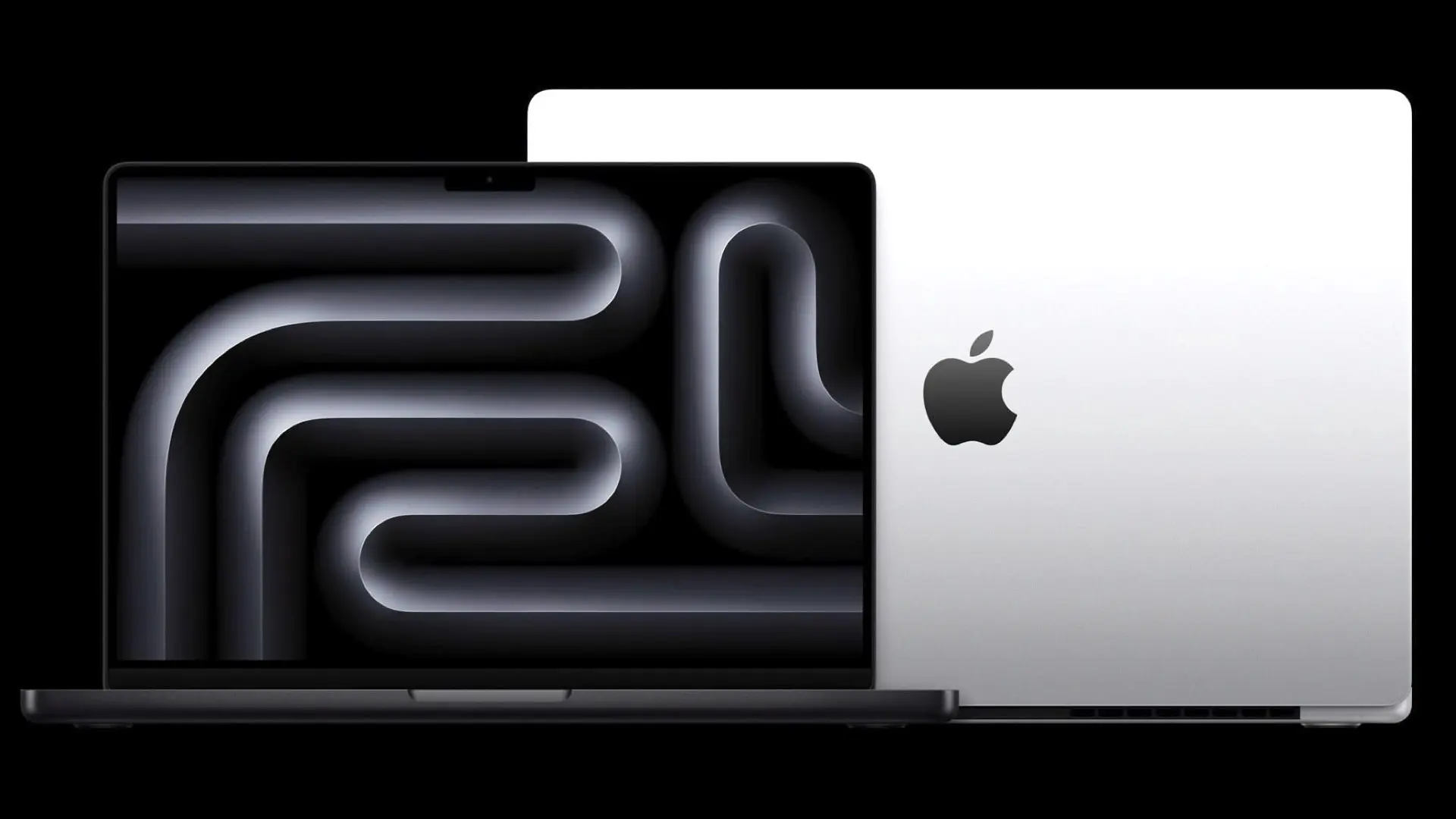
MacBook Pro is an incredibly powerful tool that millions of people use to do their life’s best work, and today we’re making it even better. With the powerful M4 family of chips, and packed with pro features like Thunderbolt 5, an advanced 12MP Center Stage camera, an all-new nano-texture display option, and Apple Intelligence, the new MacBook Pro continues to be, by far, the world’s best pro laptop.
John Ternus, Apple’s senior vice president of Hardware Engineering
Supercharged by the M4 Family of Chips
Built using second-generation 3-nanometer technology, the M4 family is the most advanced lineup of chips for a personal computer. The M4 family features phenomenal single-threaded CPU performance with the world’s fastest CPU core,2 along with outstanding multithreaded CPU performance for the most demanding workloads. Combined with machine learning accelerators in the CPU, an advanced GPU, and a faster and more efficient Neural Engine, Apple silicon is built from the ground up to deliver incredible performance for AI. Together with faster-unified memory, each chip also includes increased memory bandwidth, so large language models (LLMs) and other large projects run smoothly on the device. Additionally, the industry-leading performance per watt of the M4 family means that users get up to 24 hours of battery life, raising the bar of what users can do on a single charge.
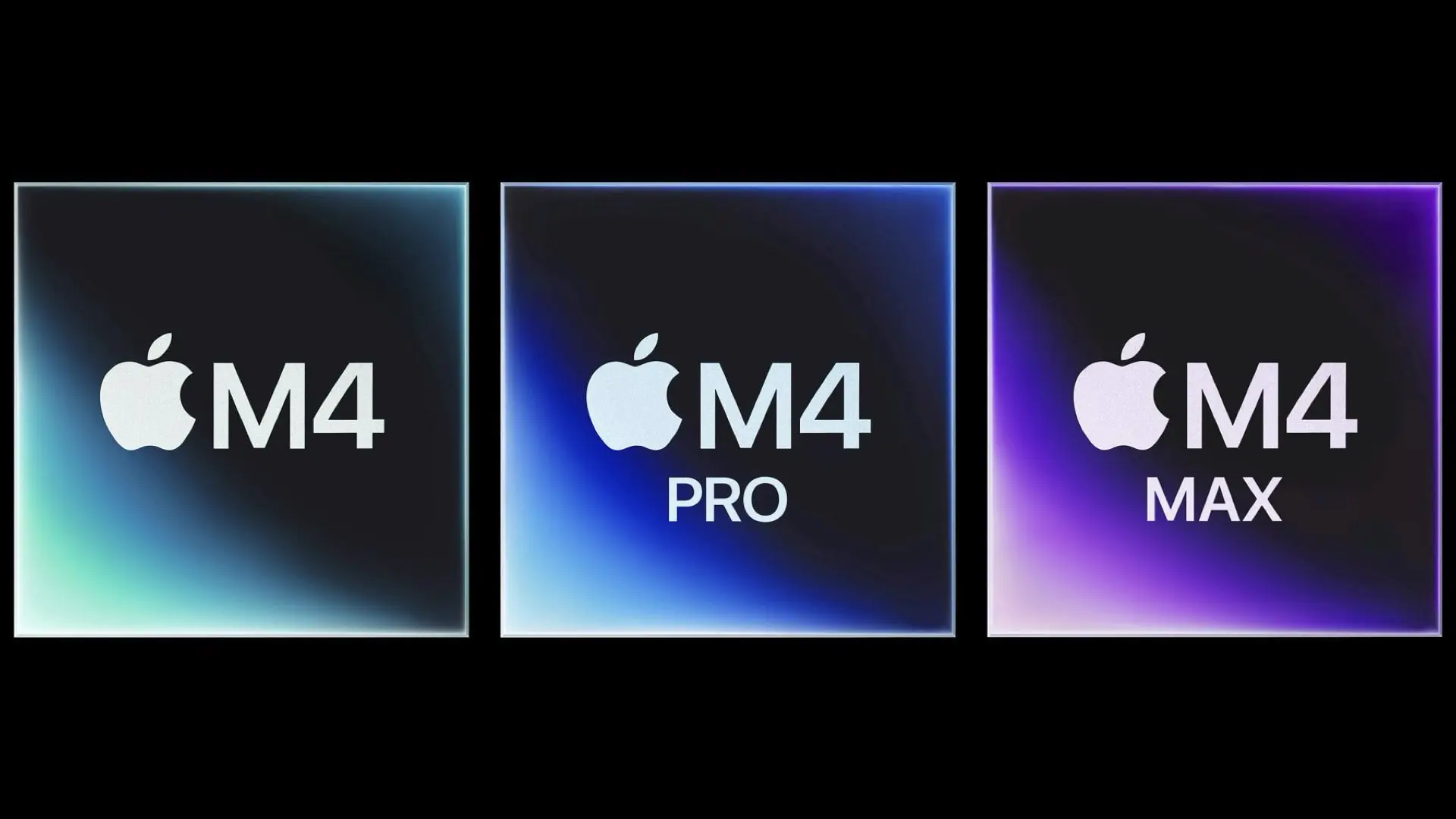
14-inch M4 MBP
The 14-inch MacBook Pro with M4 is the ideal choice for entrepreneurs, students, creators, or anyone doing what they love. Featuring a more powerful 10-core CPU, with four performance cores and six efficiency cores, and a faster 10-core GPU with Apple’s most advanced graphics architecture, the new MacBook Pro starts with 16GB of faster-unified memory with support for up to 32GB, along with 120GB/s of memory bandwidth. With M4, MacBook Pro is up to 1.8x faster than the 13-inch MacBook Pro with M1 for tasks like editing gigapixel photos, and even more demanding workloads like rendering complex scenes in Blender are up to 3.4x faster.1 With a Neural Engine that’s over 3x more powerful than in M1, it’s great for features in Apple Intelligence and other AI workloads. The M4 model also supports two high-resolution external displays in addition to the built-in display, and now features three Thunderbolt 4 ports so users can connect all their peripherals. Moreover, Apple claims that the new M4 MBP delivers up to 9.8x faster scene edit detection in Adobe Premiere Pro when compared to the 13‑inch MacBook Pro with Core i7, and up to 1.7x faster when compared to the 13‑inch MacBook Pro with M1.
Filmmaking integration with the iPhone 16 Pro
Designed for pros like data scientists, 3D artists, and composers who constantly push workflows to the limit, the MacBook Pro with M4 Max empowers users to work on projects that were previously only imaginable on a desktop. M4 Max brings up to a 16-core CPU, up to a 40-core GPU, over half a terabyte per second of unified memory bandwidth, and a Neural Engine that is over 3x faster than M1 Max, allowing on-device AI models to run faster than ever. With M4 Max, the MacBook Pro delivers up to 3.5x the performance of M1 Max, ripping through heavy creative workloads like visual effects, 3D animation, and film scoring.1 It also supports up to 128GB of unified memory, so developers can easily interact with LLMs that have nearly 200 billion parameters. With the powerful Media Engine in M4 Max, which features two ProRes accelerators, MacBook Pro performance is amazing even when taking 4K120 fps ProRes video captured with the new iPhone 16 Pro and editing it in Final Cut Pro.
As the MacBook Pro has evolved, it has consistently offered creatives the freedom to do more, faster and with greater precision. Whether it’s 8K editing, color grading, or complex multi-stream processing, each iteration has brought unmatched performance to the professional space.
Thunderbolt 5
MacBook Pro with M4 Pro and M4 Max features Thunderbolt 5 ports that more than double transfer speeds up to 120 Gb/s, enabling faster external storage, expansion chassis, and powerful docking and hub solutions. For example, by connecting just a single cable, pros like music producers can now light up their entire studio. All MacBook Pro models feature an HDMI port that supports up to 8K resolution, an SDXC card slot, a MagSafe 3 port for charging, and a headphone jack, along with support for Wi-Fi 6E and Bluetooth 5.3.
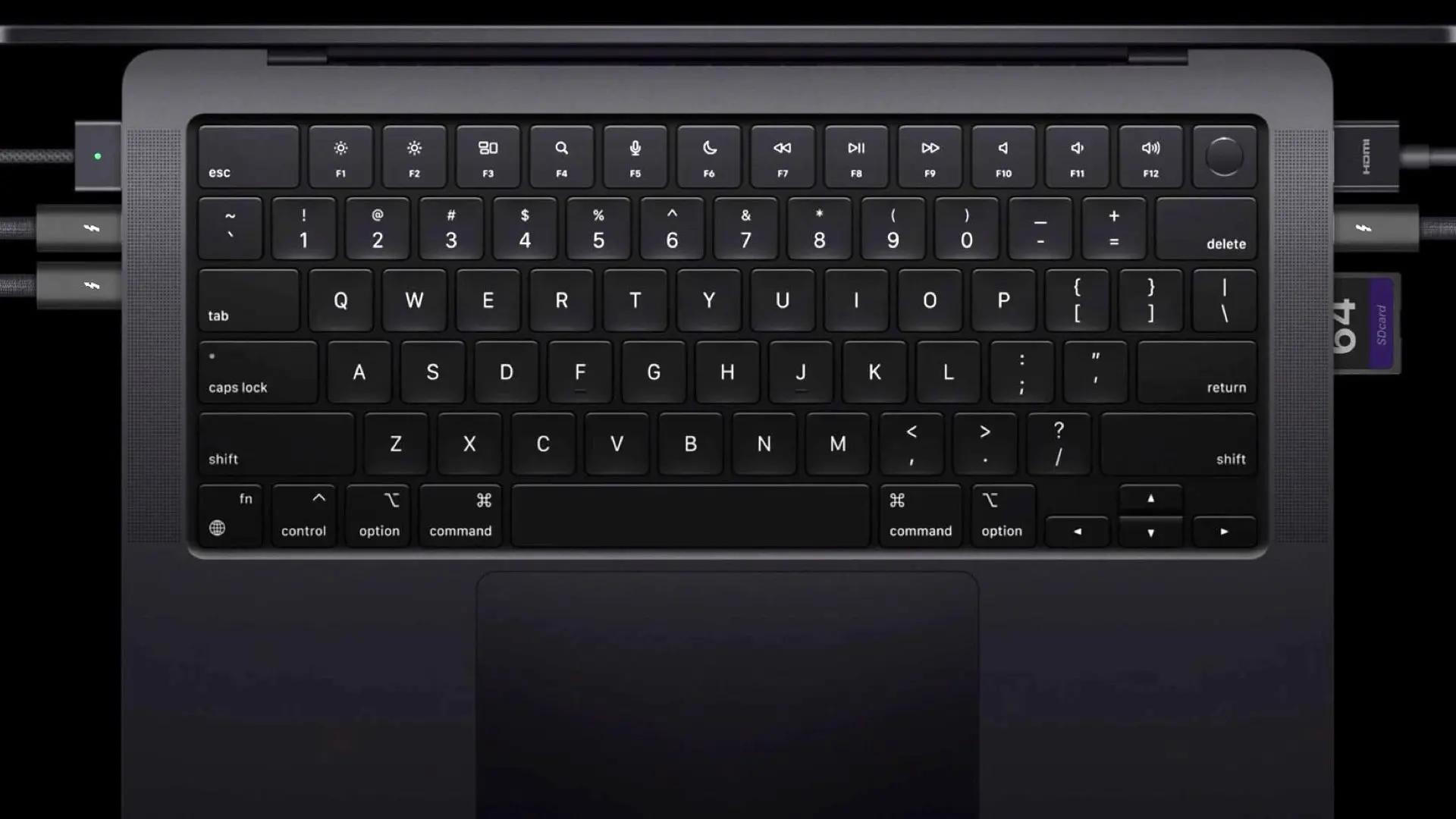
Pricing and availability
Customers can pre-order the new MacBook Pro starting today, October 30, in the online Apple stores and in the Apple Store app in 28 countries and regions, including the U.S. It will begin arriving to customers, and will be in Apple Store locations and Apple Authorized Resellers, beginning Friday, November 8. The 14-inch MacBook Pro with M4 starts at $1,599 (U.S.) and $1,499 (U.S.) for education; the 14‑inch MacBook Pro with M4 Pro starts at $1,999 (U.S.) and $1,849 (U.S.) for education; and the 16‑inch MacBook Pro starts at $2,499 (U.S.) and $2,299 (U.S.) for education. All models are available in space black and silver. Also, you can preorder yours at the B&H store.
Wrapping up
With the MacBook Pro M4, Apple continues this legacy, pushing boundaries in video editing and reaffirming its role as the go-to machine for high-end creative tasks. As we delved into this new era of Apple silicon, the question is no longer whether the MacBook Pro can keep up but how much further it can push the limits of laptop-based video editing. Which would you prefer? The RTX Studio or the MBP for a vast NLE work?

